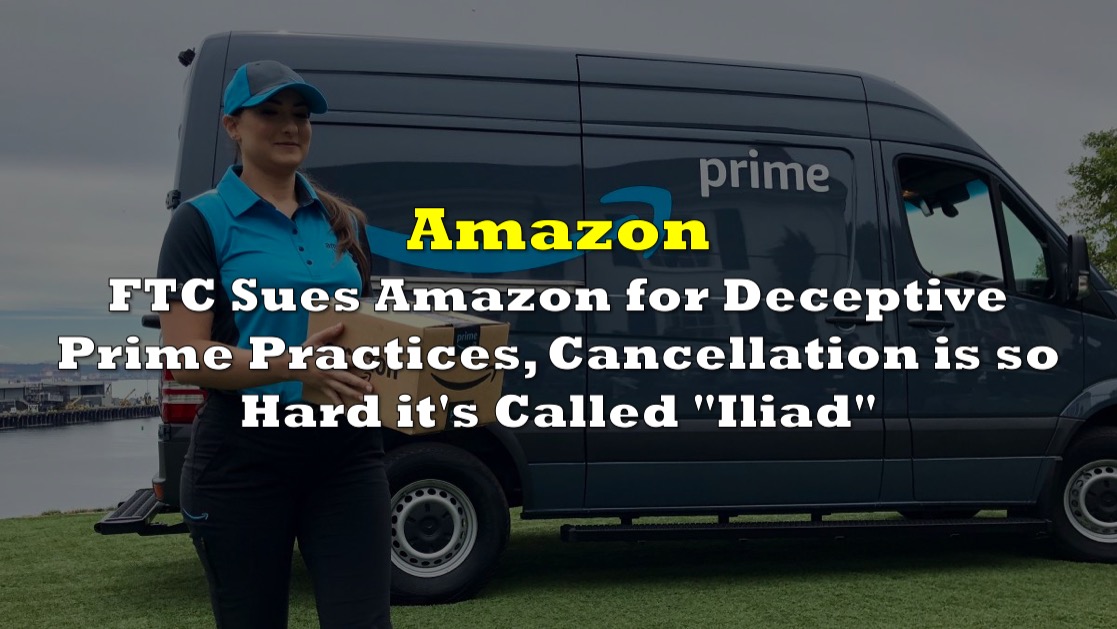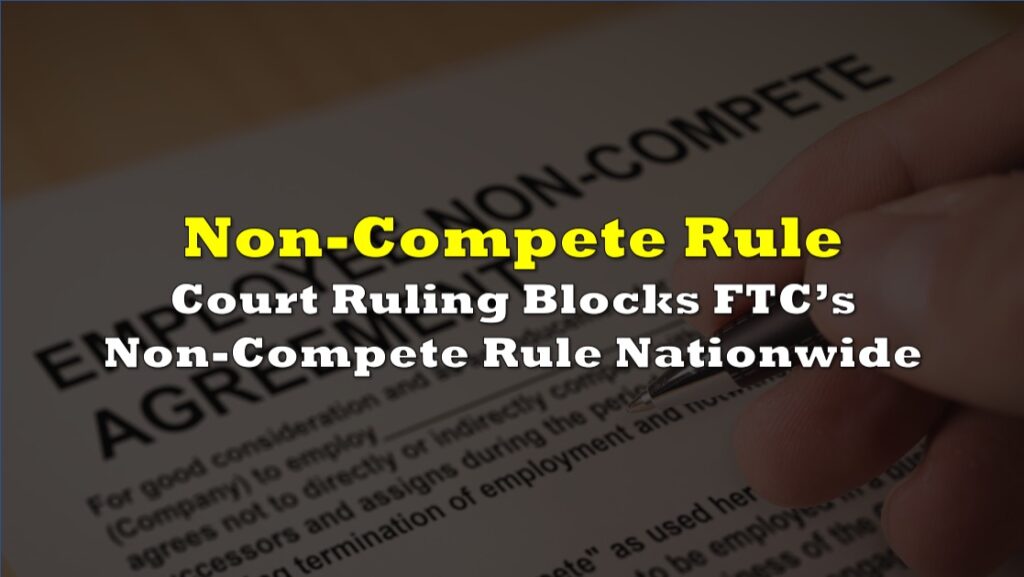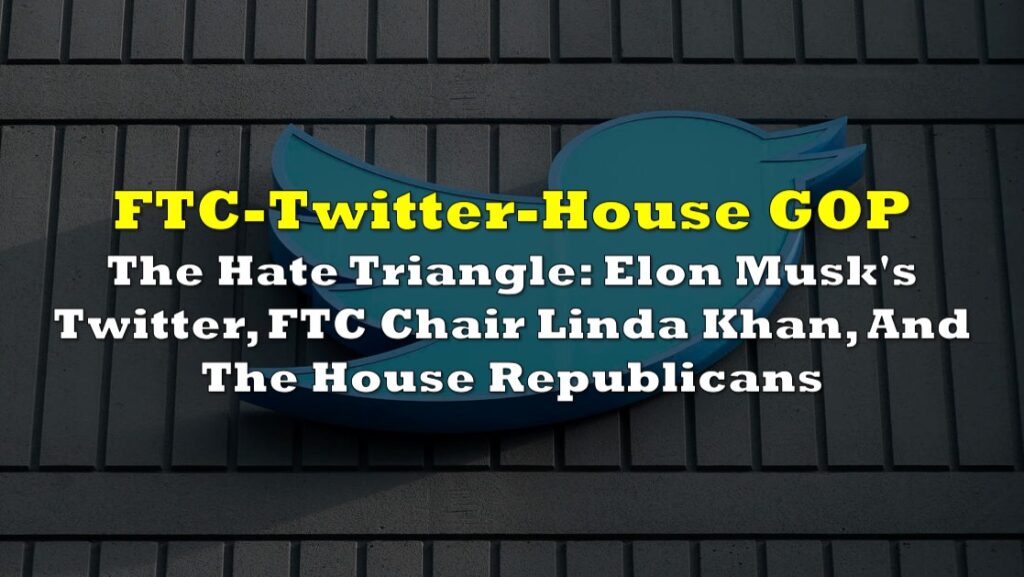The Federal Trade Commission (FTC) has taken bold action against Amazon (NASDAQ: AMZN), filing a lawsuit accusing the e-commerce giant of engaging in illegal tactics to entice consumers into signing up for its Prime service while making it difficult for them to cancel their subscriptions. The FTC’s chair, Lina Khan, spearheaded this aggressive move, marking the most significant challenge to Amazon by the agency to date.
According to the lawsuit, the FTC contends that Amazon utilized “dark patterns,” manipulative and deceptive design techniques on its website, to deceive and trap millions of consumers into enrolling in Prime without their consent. When consumers attempted to cancel their subscriptions, Amazon intentionally complicated the process with convoluted procedures, resulting in frustration and financial losses for the users.
“Amazon tricked and trapped people into recurring subscriptions without their consent, not only frustrating users but also costing them significant money,” Khan said.
The complaint alleged that Amazon had been intentionally complicating the cancellation process for Prime subscribers who wanted to end their membership, fully aware of the obstacles they were creating.
Prior to the changes implemented to address these, the primary objective of Amazon’s cancellation process, aptly named “Iliad,” was not to facilitate cancellations but rather to hinder them. The name draws inspiration from Homer’s epic depicting the protracted and challenging Trojan War. Amazon deliberately designed the cancellation process, known as “Iliad Flow,” to be intricate and complex.
Omfg Amazon internally nicknamed its Prime cancellation process as ‘the Iliad’ after the long and arduous journey of Homer.https://t.co/B82nLKc5Tz
— Matt Stoller (@matthewstoller) June 21, 2023
In response, Amazon has vehemently denied the allegations, asserting that the FTC’s claims are false both in terms of facts and the law. The company maintains that it has implemented clear and straightforward procedures for customers to both sign up for and cancel their Prime membership. Amazon further criticized the FTC for filing the lawsuit without prior notice while the parties were still engaged in discussions regarding the case.
The lawsuit, filed in the U.S. District Court for the Western District of Washington, targets one of Amazon’s flagship programs that has garnered over 200 million customers. Prime members pay an annual fee of $139, gaining benefits such as expedited shipping, access to Amazon’s in-house media content, and discounts at Whole Foods. Over time, Amazon has added additional perks to Prime, including live sports, and has raised the annual subscription fee.
This lawsuit represents the FTC’s first direct legal action against Amazon under Khan’s leadership. The commission chair, renowned for her viral critique of the company, has been intensifying scrutiny of major tech players and advocating for more aggressive regulatory measures to counter their dominance.
Under Khan’s direction, the FTC also pursued legal action against Meta, the owner of Facebook, for alleged anticompetitive behavior resulting from its acquisitions of Instagram and WhatsApp. Additionally, the agency sought to block Microsoft’s $69 billion acquisition of the video game publisher Activision Blizzard.
Notably, Amazon recently settled separate cases with the FTC predating Khan’s tenure. Last month, the company agreed to a $25 million settlement to resolve allegations of illegal collection of children’s data by its Alexa home assistant devices. Additionally, Amazon settled another privacy case with the FTC involving its Ring home security subsidiary.
The FTC’s lawsuit against Amazon aligns with a wider regulatory effort to curb the influence of tech giants such as Amazon, Apple, Google, Microsoft, and Meta. In recent years, the U.S. Department of Justice has filed multiple antitrust cases against Google, while European regulators have pursued privacy laws, proposed regulations on artificial intelligence, and levied charges against major tech companies, including Google.
Information for this briefing was found via The New York Times and the sources mentioned. The author has no securities or affiliations related to the organizations discussed. Not a recommendation to buy or sell. Always do additional research and consult a professional before purchasing a security. The author holds no licenses.









